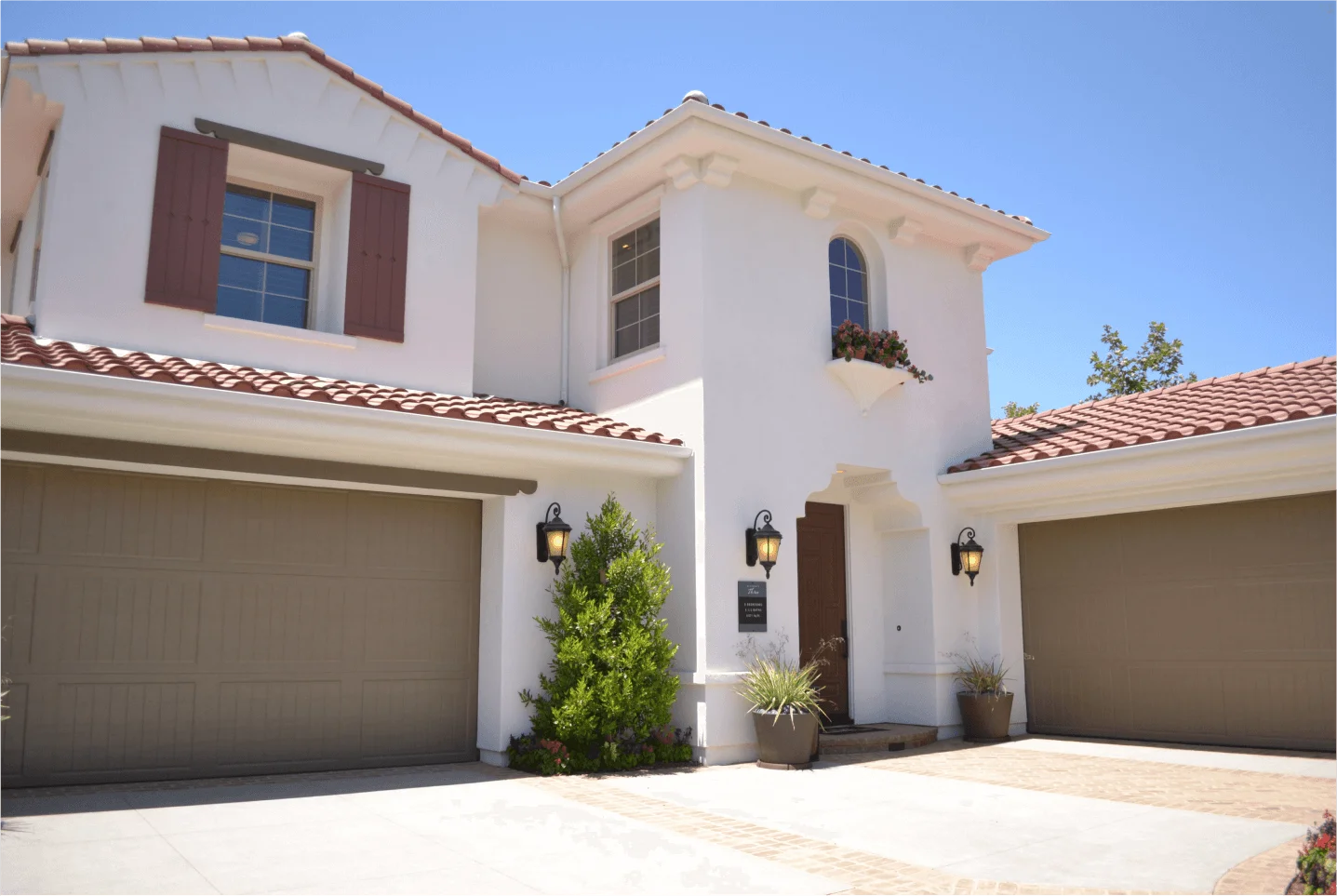Master Fixed Rate Mortgages: Your Key to Stable Home Financing Choices
Struggling with home financing? Fixed-rate mortgages offer predictable monthly payments, allowing you to budget and protect against rising interest rates.

When it comes to financing your home, one of the most important decisions you'll make is selecting the right type of mortgage. Among the various options available, fixed-rate mortgages stand out as a reliable choice for many homeowners. Understanding how these mortgages work and why they might be the right fit for you can empower your decision-making process, ensuring that your home financing remains stable over time.
A fixed-rate mortgage is exactly what it sounds like: the interest rate on your loan remains the same throughout the life of the loan. This stability gives homeowners peace of mind, knowing their monthly mortgage payment won't change, regardless of fluctuations in the market. This predictability allows for easier budgeting, as you can plan your finances without worrying about rising interest rates.
One of the primary benefits of a fixed-rate mortgage is the ability to lock in a low interest rate. If you secure your mortgage when rates are favorable, you can enjoy significant savings over the life of your loan. Unlike adjustable-rate mortgages (ARMs), where the interest rate can change periodically based on market conditions, a fixed-rate mortgage keeps your rate steady from the day you sign the papers until your loan is fully paid off. This means you can better predict your long-term homeownership costs.
Now, let's talk about the different terms available with fixed-rate mortgages. They typically come in various lengths, most commonly 15, 20, or 30 years. A shorter loan term generally means higher monthly payments but less interest paid over the life of the loan. Conversely, a longer loan term usually results in lower monthly payments, but you'll pay more in interest overall. Consider what aligns best with your financial goals and lifestyle.
Another aspect to keep in mind is the importance of your credit score when applying for a fixed-rate mortgage. Lenders use your credit score to determine how risky it is to lend you money. A higher score can often lead to better interest rates, saving you money in the long run. Before applying, it’s wise to check your credit report, correct any errors, and take steps to improve your score if necessary.
Additionally, your down payment plays a crucial role in the mortgage process. A larger down payment can reduce your monthly payments and interest costs. While some loans allow for down payments as low as 3%, putting down at least 20% can help you avoid private mortgage insurance (PMI), which adds to your monthly payment. If you’re in a position to save for a larger down payment, it may be worth considering.
Fixed-rate mortgages can also provide a sense of security during economic downturns. When you have a stable monthly payment, you can rest easy knowing that no matter what happens in the economy, your mortgage will remain the same. This can be incredibly comforting during times of financial uncertainty.
For those who are first-time homebuyers, education about fixed-rate mortgages is crucial. It’s important to understand not only how these loans work but also what responsibilities come with homeownership. Owning a home can come with unexpected costs like maintenance, repairs, and property taxes. Being prepared for these expenses can make your transition into homeownership smoother and more enjoyable.
As you navigate the home-buying process, consider what your long-term plans are. If you envision staying in your home for many years, a fixed-rate mortgage is likely a great fit. However, if you anticipate moving within a few years, you might want to explore other options, such as an adjustable-rate mortgage, which may offer lower initial payments.
When you decide to move forward with a fixed-rate mortgage, it’s essential to gather all of your financial documents early in the process. This typically includes proof of income, tax returns, and details about your debts and assets. Having this information readily available will help streamline your application process and allow for a smoother experience overall.
Don’t forget to ask questions! If you’re unsure about anything regarding fixed-rate mortgages or the overall home-buying process, reach out to me. Whether it’s the terminology, the paperwork, or what to expect after closing, I am here to help you understand every step.
Moreover, think about the total cost of homeownership. Beyond the mortgage payment, consider other expenses such as insurance, maintenance, and utilities. Having a clear picture of your budget can help you avoid being house-poor, where you’re spending a significant portion of your income on housing costs, leaving little for savings or leisure.
If you’re concerned about the long-term commitment of a fixed-rate mortgage, remember that refinancing is always an option. If interest rates drop or your financial situation improves, you might be able to refinance your existing mortgage for a better rate or different terms. This flexibility allows homeowners to adapt to changing circumstances.
As you explore your options, remember that the right mortgage can set you up for success as a homeowner. Fixed-rate mortgages offer an excellent foundation for stable home financing, and understanding their nuances can help you make an informed choice.
When you’re ready to take the next step in your home financing journey, don’t hesitate to reach out. Let’s discuss your specific needs and preferences, so we can find the best fixed-rate mortgage solution for you. Your dream home is within reach, and I’m here to help you every step of the way!